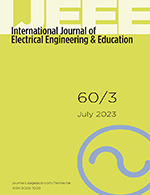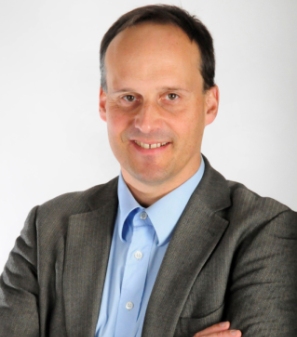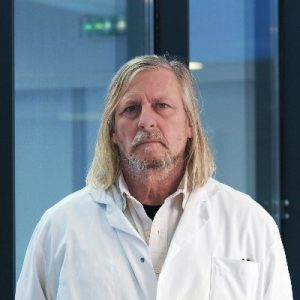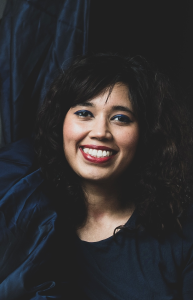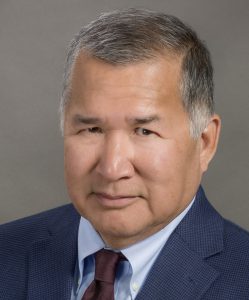
Would you consider a donation to support Weekend Reads, and our daily work?
The week at Retraction Watch featured:
- Research integrity during the COVID-19 pandemic: A book excerpt
- Guest post: A look behind the scenes of bulk retractions from Sage
- Controversial French researcher loses two papers for ethics approval issues
- Paper on homeopathy for ADHD retracted for ‘deficiencies’
- Exclusive: NYU cancer center director suspended
- Sage retracts more than 200 papers from journal for compromised peer review
- My journal was hijacked: an editor’s experience
- US VA scientist banned from agency research for faking data
- PLOS backs down from expression of concern after author’s lawsuit
Our list of retracted or withdrawn COVID-19 papers is up to over 375. There are more than 43,000 retractions in The Retraction Watch Database — which is now part of Crossref. The Retraction Watch Hijacked Journal Checker now contains well over 200 titles. And have you seen our leaderboard of authors with the most retractions lately — or our list of top 10 most highly cited retracted papers? Or The Retraction Watch Mass Resignations List?
Here’s what was happening elsewhere (some of these items may be paywalled, metered access, or require free registration to read):
Continue reading Weekend reads: Why one chemist hasn’t made tenure; retractions in neuroscience; ‘pay to publish trash’


